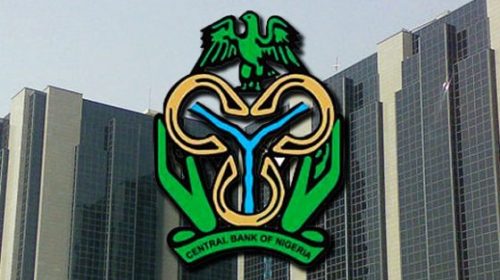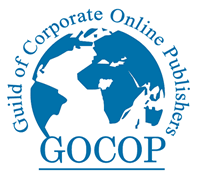CBN multiple exchange rates may increase debt burden – W’Bank

The President of the World Bank Group, David Malpass, has warned that Nigeria’s parallel exchange rate is harmful as it worsens future debt service payments and increases the risk of debt distress. Malpass said this in a blog post titled ‘Parallel Exchange Rates: The World Bank’s Approach to Helping People in Developing Countries’, published on Wednesday on the bank’s website. According to Malpass, about 24 emerging and developing economies, including Nigeria, have an active parallel currency market. He added that “In at least 14 of them, the exchange rate premium—the difference between the official and the parallel rate—is a material problem, exceeding 10 per cent.” In the blog post, it was disclosed that Nigeria has an exchange rate premium of 61.7 per cent as of March 2023. The World Bank chief noted that parallel exchange rates are expensive and can drive corruption. Malpass said, “The economics on parallel exchange rates is clear: they are expensive, highly distortionary for all market participants, are associated with higher inflation, impede private sector development and foreign investment, and lead to lower growth.
Punch







Leave a Reply